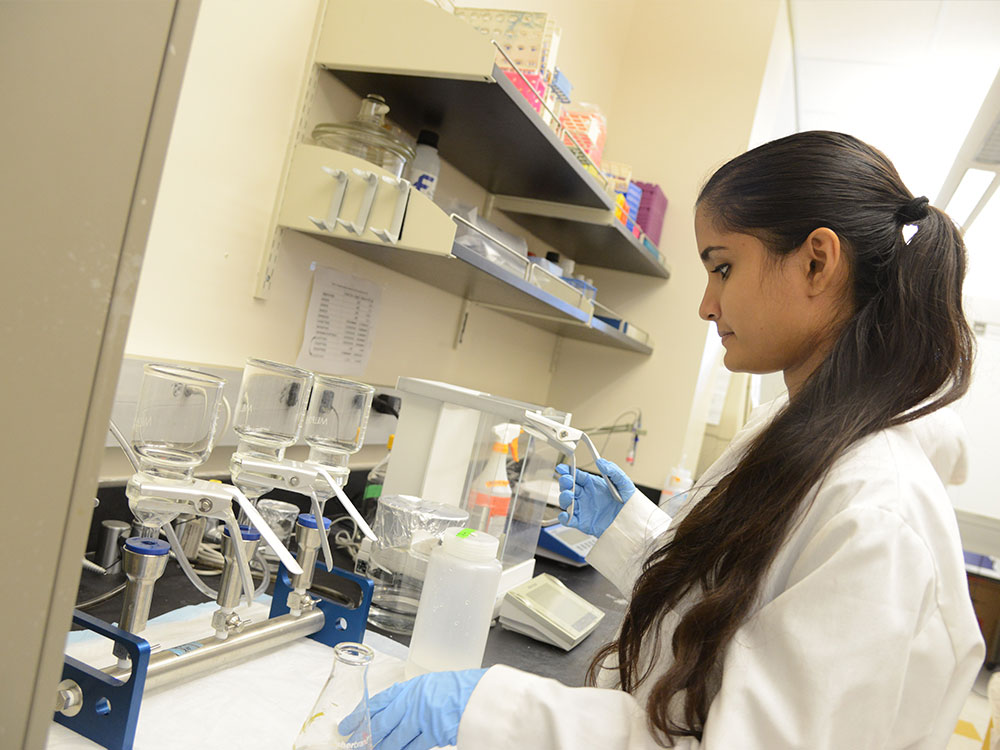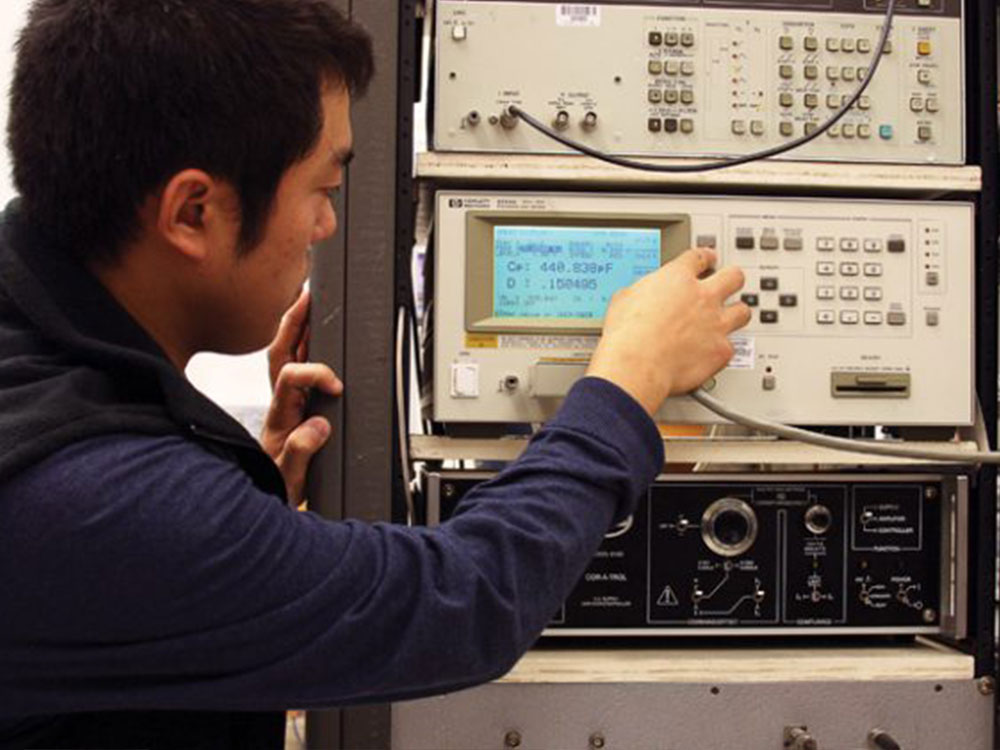Value of an Undergraduate Certificate
Are you interested in enhancing your studies with an undergraduate certificate? In addition to major areas of study, UT San Antonio offers a variety of programs that provide valuable contributions to students' academic careers. While pursuing a certificate, students have the opportunity to explore personal interests and passions outside of their major program or complement their current major, helping them further stand out in the job market.
Why Pursue a Certificate in Oil and Gas?
Oil and Gas is critical in energy sources required in providing electricity; heating and cooling requirements for houses and business facilities. It is also essential for providing power requirements of such transportation systems as cars, buses, trains, and air crafts. UT San Antonio’s certificate in Oil and Gas certifies to employers that students awarded the certificate have completed coursework essential to Oil/Gas industry.

Apply Certificate Courses to Your Degree
One of the added benefits of the Certificate in Oil and Gas is the ability to apply courses from this program to the BS in Mechanical Engineering*. Depending on program requirements, and with approval of the undergraduate advisor of record, you may be able to apply coursework taken for this certificate directly to your major area of study.
*This certificate is directed towards students earning a BS in Mechanical Engineering degree, but is open to engineering students pursuing a degree in similar disciplines.
Adding a Certificate
Add On a Certificate to Your Major
Approval is needed for students who are currently enrolled in a bachelor's degree program to add on this undergraduate certificate. To start the process, complete the Klesse College Undergraduate Certificate Program Enrollment Form to indicate your interest in enrolling in this certificate program. If you have questions, please contact the Certificate Program Advisor listed below.
Academic & Professional Organizations
Students are encouraged to join and be active in the UT San Antonio student chapter and the professional chapters of American Society of Mechanical Engineers (ASME) or American Society of Heating, Refrigerating and Air-Conditioning Engineers (ASHRAE).
This certificate requires a total of 15 credit hours from the following:
Required course: 3 hours
- Machine Element Design
Students can select 9-12 hours from the following elective courses:
- Mechanical Vibration
- Thermal Systems Design
- Separation Processes
- Alternative Energy Sources
- Pressure Vessel and Piping Design
- Oil & Gas Energy & Reservoir Geomechanics
- Corrosion Engineering
If only 3 courses are selected above, then an additional 3 semester credit hours must be completed from the following list:
- Engineering Economic Analysis
- Finite Element Analysis








